

Reps to FG: Cost of Living killing Nigerians
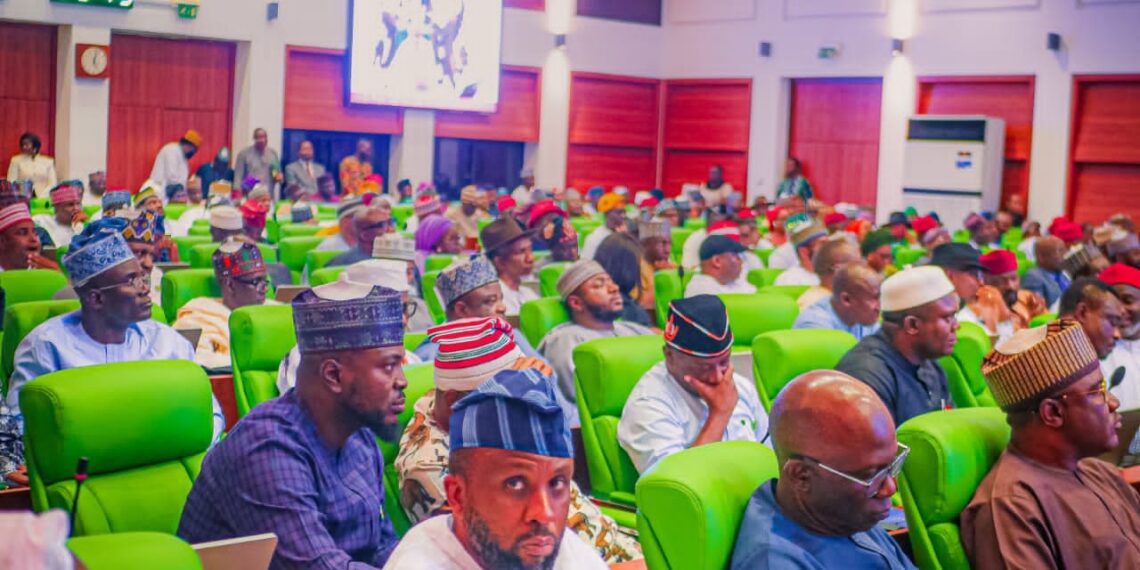
The House of Representatives has advised the Federal Government to address the rising Cost of Living in the Country, to tackle the hardship being faced by Nigerians.
This followed the adoption of a Motion by Isiaka Ibrahim (APC-Ogun) at Plenary in Abuja on Tuesday.
Moving In the Motion titled �Urgent Intervention on Reducing Cost of Living�, Ibrahim said that the rising Cost of Living in the Country was unbearable.
He said that the impact was deadly on Individuals and Families, adding that there was an urgent need for Government�s intervention to bring down the Cost of Living.
He said that the skyrocketing Cost of Housing, Food, Healthcare, and Education had led to increasing hardship in the Country.
�The current Inflation has eroded the Purchasing Power of individuals with higher Prices for Goods and Services.
�Stagnant Wages and limited Job Opportunities have also further exacerbated the Financial strain on Individuals and Families, making it increasingly difficult to make ends meet,� he said.
He said that the impact of rising Costs of Living was particularly severe for Low-Income Groups, who had been forced to make difficult choices among Basic Necessities.
He said the Financial burden had also led to increased stress and anxiety, contributing to a decline in the overall well-being of Nigerians.
Contributing, Ahmed Jaha (APC-Borno) said, �If we as Lawmakers are comfortable in our Comfort Zone, we should understand that our Constituents are not and so we are sitting on a time bomb.
�We don�t need Soothsayers to tell you that People are hungry; there must be a patriotic measure to bring back this Country.
�The Cost of Staple Food has increased by almost 500 percent. We have an issue in Nigeria with Capital Inflow to our Country, particularly the Diaspora.
�There must be a Conducive Environment created by the Government to encourage Investors, and this will be possible when we have security in place.�
Kingsley Chinda (PDP-Rivers) said, �With what we are facing in Nigeria today, can we truly say the Welfare of the People is the priority of the Government?
He said a lot still needed to be done because the People are living in penury.
�Our duty is to bring joy to Nigerians, as some of us find it difficult to go Home because of the current challenges.
�We must assist the Security Agencies to improve the situation in the Country; the Motion is a wake-up call for us. Let us not look at it from the angle of Partisan Politics.�
Adopting the Motion, the House appealed to the Federal Government to distribute Food from the National Food Reserve to Nigerians to cushion the effects on the current Food Inflation.
The House urged that Poultry Products, Meats, Beverages, Healthcare Products, and Pharmaceutical Products be imported from the top Exporting Countries in the World as a short-term measure.
The House also called for increased Food Production and improved distribution by ensuring adequate access to Fertilisers and Crop diversification.
News in Pictures
Reps bicker over Bill on Minimum Qualification for Public Office Holders
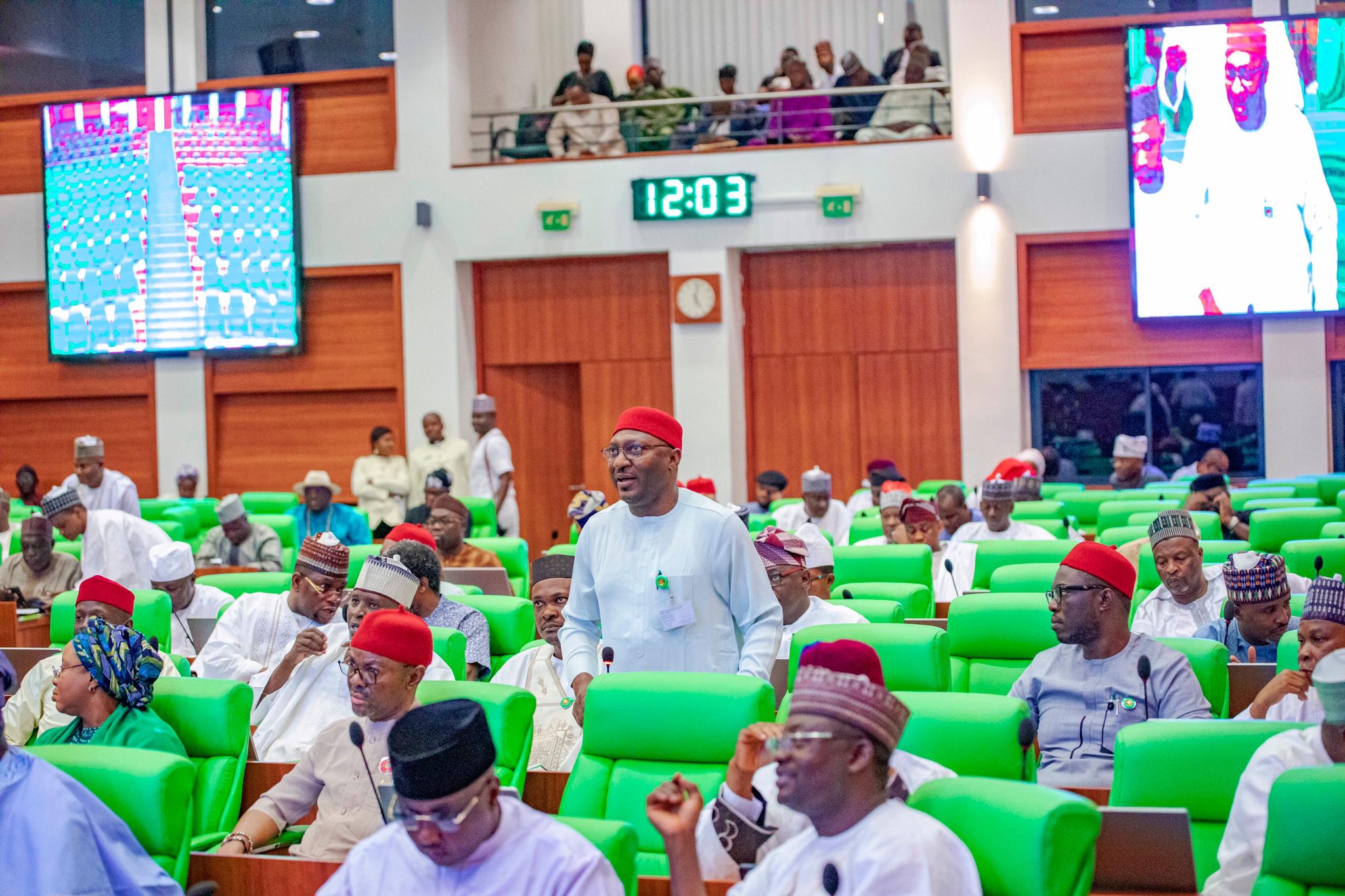
The House of Representatives on Tuesday stepped down a Bill seeking to alter the Minimum Educational Qualification for the Offices of President and Vice-President from Primary School certificate to a University Degree.
The Bill was sponsored by Adewunmi Onanuga (APC-Ogun) at Plenary.
Presenting the General Principles of the Bill, Onanuga called on the House to look at the Educational Qualifications of Political Office Holders.
She said that Nigeria had passed the age of using School Leaving Certificate as the Minimum Requirement for Political Office.
She added that a University Degree or its equivalent should be made the Minimum Qualification.
Babajimi Benson (APC-Lagos) supported the Bill.
�I can�t believe that in this Modern Age, some People will say, don�t go to School, yet go and be President,� he said.
Julius Ihonvbare (APC-Edo) also spoke in favour of the Bill.
�We are in a World where Knowledge is Power, we see Leaders of other Nations who make excellent Presentations, but here we have Leaders dodging Debate.
�I don�t think this Requirement should apply to all Political Offices; for Local Government, it might not be required, but the President, Vice President and National Assembly Members should be required to own a Degree,� he said.
Leke Abejide (ADC-Kogi) said the World had moved and Nigeria should not be left behind.
�If we put a Mediocre to head an important Political Office, we will end up in disaster.�
Alfred Iliah (APC-Plateau) said Educational Qualification remains very important and the bedrock of every Society.
�The Qualifications of every National Assembly Member should be looked into if the Country must make progress,� he said.
Mustapha Aliyu (APC-Sokoto) said the Bill was long overdue, adding that Education was the bedrock of the development of the Society.
�For those contesting for Executive Seats, they should have a Degree; however, the jump from School Leaving Certificate to a Degree is too wide. I will propose that there should be a middle course.�
Kingsley Chinda (PDP-Rivers) also endorsed the Bill, lamenting the decline in Standard of Education.
He reiterated the importance of backing the Bill wholeheartedly, saying "why do we say a Primary School Certificate Holder should be given. We should do the right thing."
Aliyu Madaki (NNPP-Kano) however, offered a different perspective, saying the Leadership quality of a Political Office Holder should not be determined by his Level of Education.
�I have an MBA in Financial Management, but restricting others with Qualifications will not carry all Nigerians along. All Nigerians should be allowed to participate and exercise their Leadership qualities,� he said.
Bashir Sokoto (APC- Sokoto) also opposed the Bill.
�We were privileged to go to University, but we have few privileged Nigerians who can not afford to go to the University.
�I propose that we allow the Minimum Requirement for Political Office Holders to remain Primary School Certificate.�
Ahmed Jaha (APC-Borno) said passing the Bill would negatively affect some Sections of the Country.
�Qualification alone is not a true taste of Knowledge. We are making Laws for good Governance and peace in this Country. We will not pass Laws that will favour only a small number of Nigerians.
�How many Nigerians are Degree Holders? The America that we refer to has done greatly in educating its Citizens�, but here in Nigeria, what have we done in improving our Education System.�
The Deputy Speaker of the House, Benjamin Kalu, who presided over Plenary stepped down the Bill after a heated Debate.
Comments
Be the first to comment on this post
Leave a Reply
News in Pictures
60 Lawmakers press for Nigeria's return to Parliamentary System
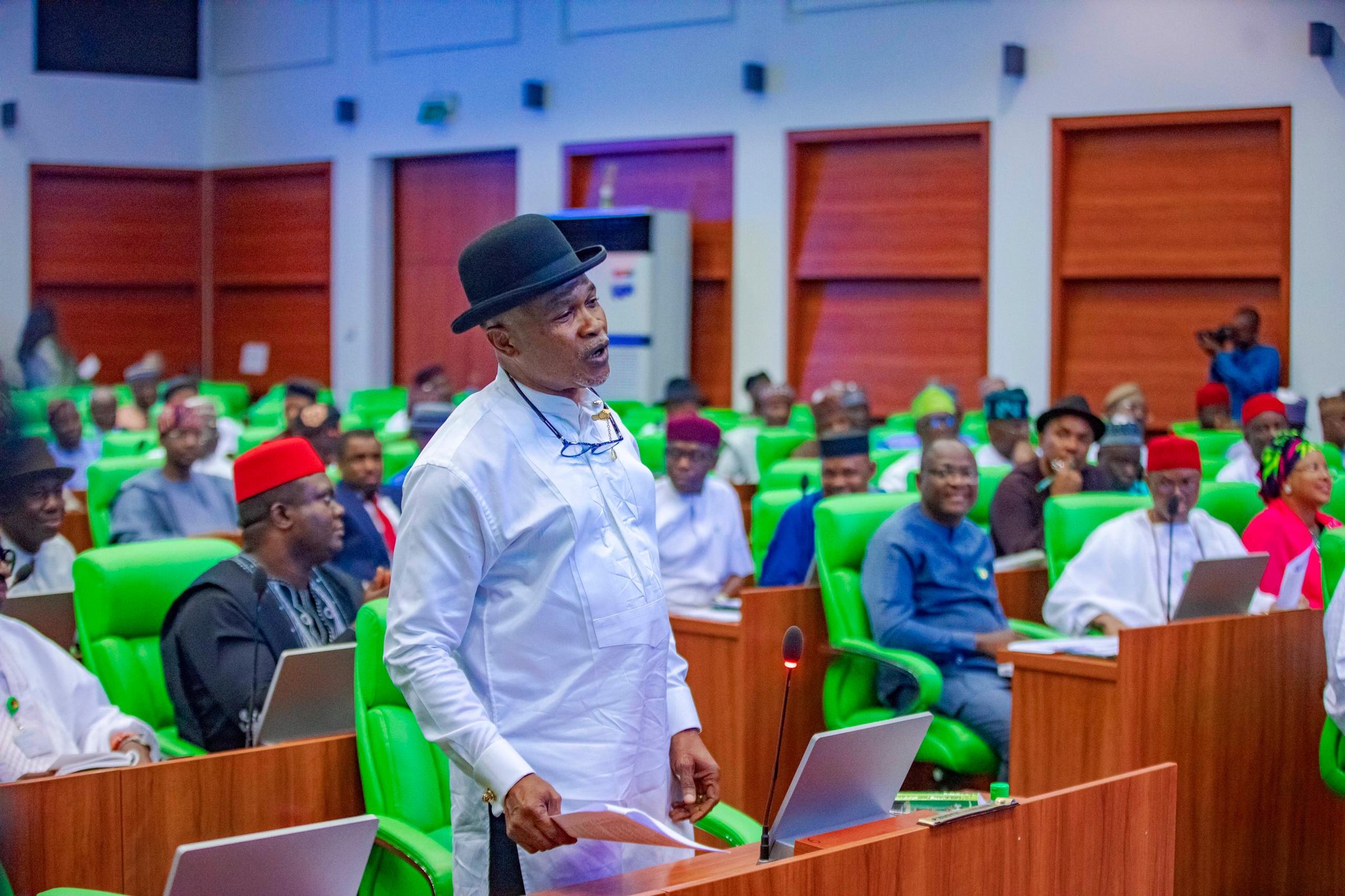
Sixty Lawmakers at the House of Representatives, have commenced moves to return Nigeria to a Parliamentary System by 2031, by amending the 199 Constitution.
Abdulsamad Dasuki (PDP-Sokoto) a Spokesperson for the Group, said this at a News Conference at the National Assembly in Abuja on Wednesday.
Dasuki said the proposed amendment would significantly impact on the Nation�s Political Landscape.
He added that the Lawmakers were advocating a transition from the current Presidential System to a Parliamentary System at all Levels, including Federal, State, and Local Government Councils.
�Our Founders, in their wisdom and in a Political Atmosphere devoid of compulsion, considered the interests of their Native Peoples, and their desire to live together led them to adopt the Parliamentary System of Government.
�They considered a Country where truth and justice reign, where no Man is oppressed, and where all Citizens live in peace and plenty, and adopted the Parliamentary System of Government,� he said.
He said that the collapse of the First Republic and the long stretch of Military Rule culminated in the adoption of a new System of Government, fashioned after the U.S Presidential System.
�Over the years, the imperfections of the Presidential System of Government have become glaring to all, in spite of several alterations to the Constitution to address the shortcomings.
�The System has denied the Nation the opportunity to attain its full potential.
�Among these imperfections, are the high Cost of Governance, leaving fewer Resources for crucial areas like Infrastructure, Education, and Healthcare,� he said.
He said that the System had hindered the Nation�s developmental progress as it vested excessive Powers vested on the the Executives, who were Appointees and not directly accountable to the People.
�The Bills presented today seek a return to the System of Government adopted by our Founders, which made governance accountable, responsible, responsive, and ultimately less expensive.
�With the Presentation of these Bills, we hope to ignite and provoke a National Conversation about the future of the Nigerian Governance System.
�This will also ensure robust Public Debates, Stakeholder consultations, Expert analyses, and a thorough and informed decision-making process,� he said.
He stated that it was also to raise awareness about this significant development and encourage constructive Dialogue on the potential implications of the proposed Constitutional alteration.
Also speaking, Wale Raji (APC-Lagos) said the move was to start a National Conversation on the need for a transition from Presidential to a less expensive Parliamentary System of Government.
�The Process may not terminate with the current Administration; it may go beyond 2027, but we have set the ball rolling. The actual commencement may be 2031.
�We have initiated a Process, and History will record it that a Group of Lawmakers sought the need to reduce the Cost of Governance, and if a Group of Lawmakers scuttles it, History will record it,� he said.
Comments
Be the first to comment on this post


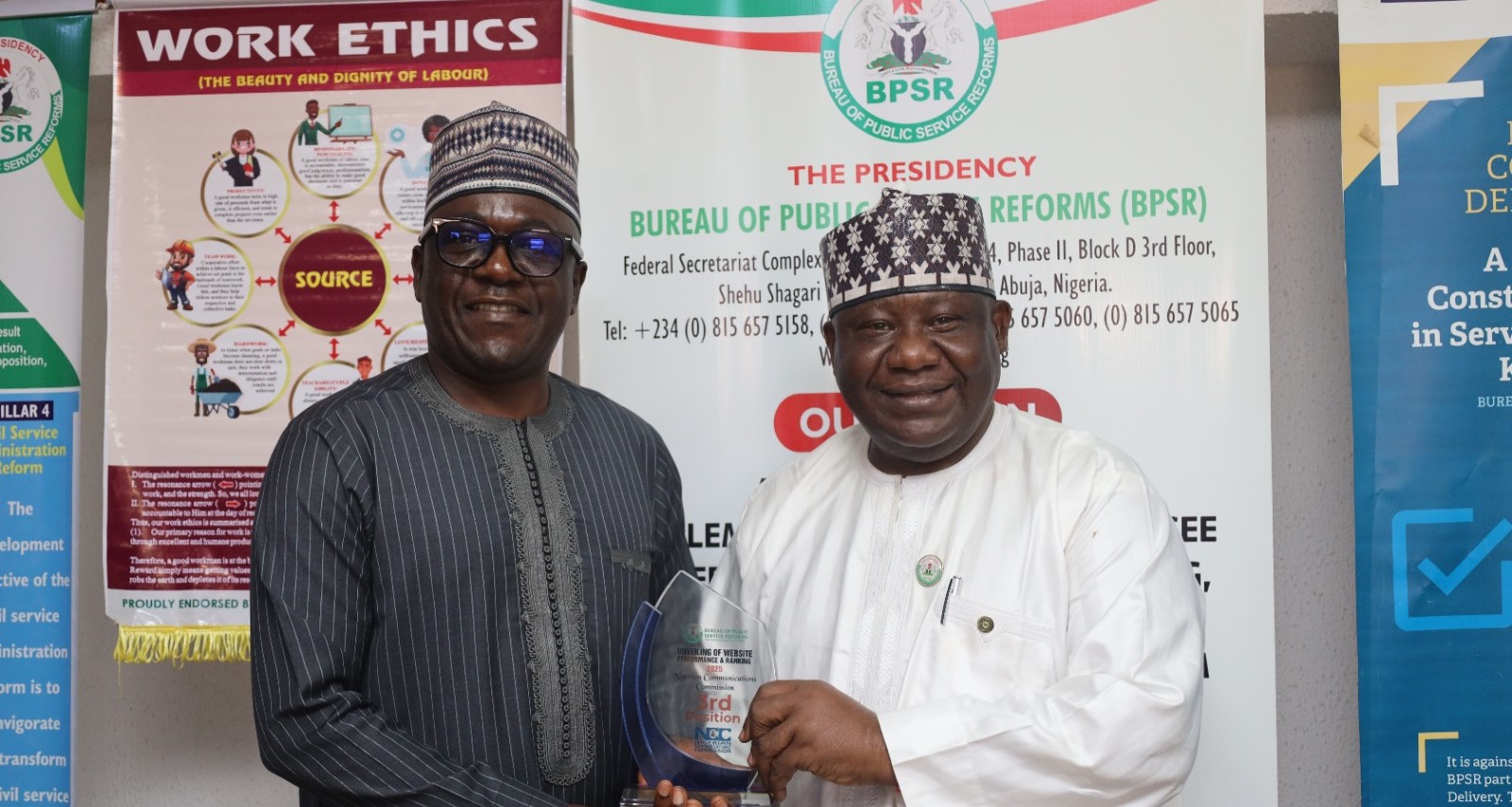

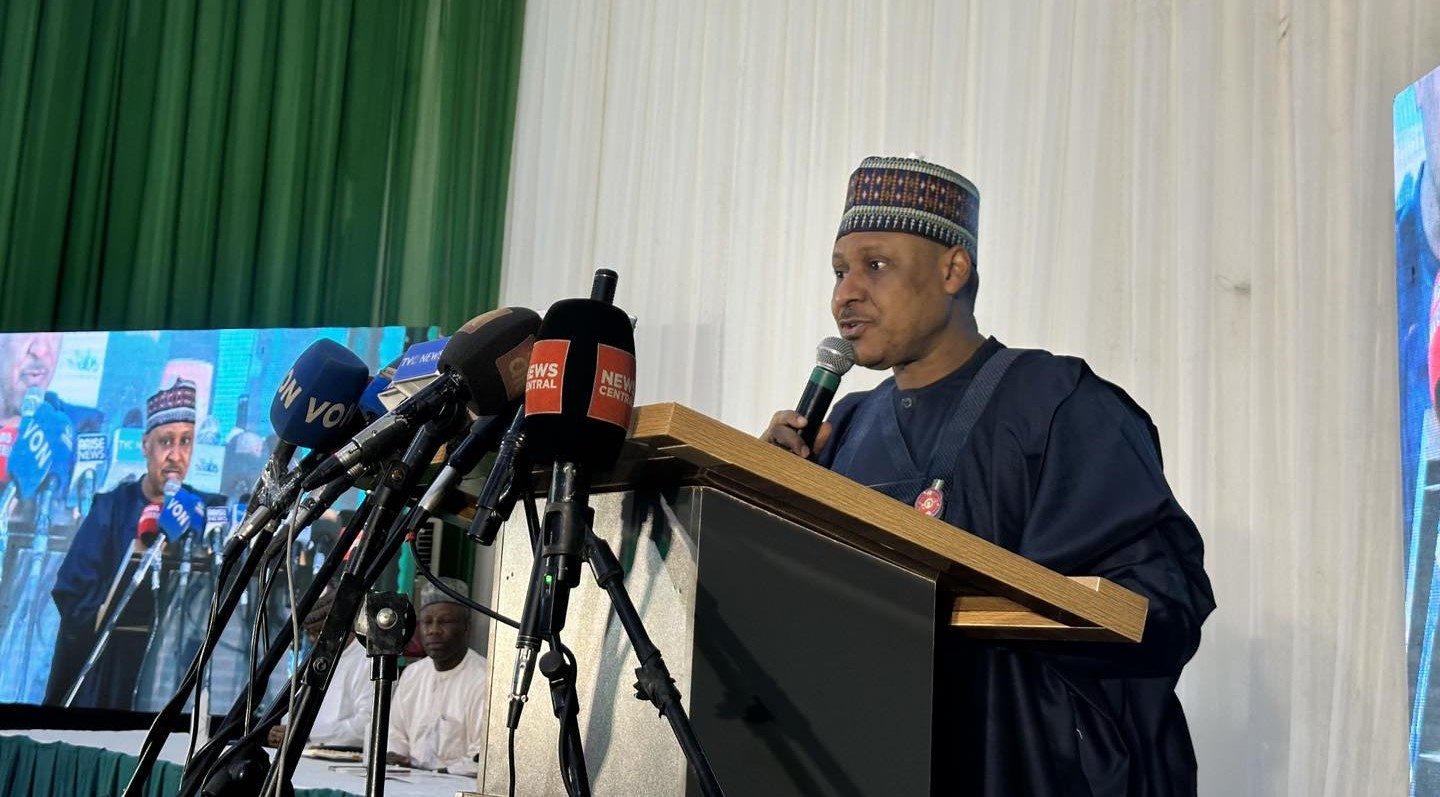
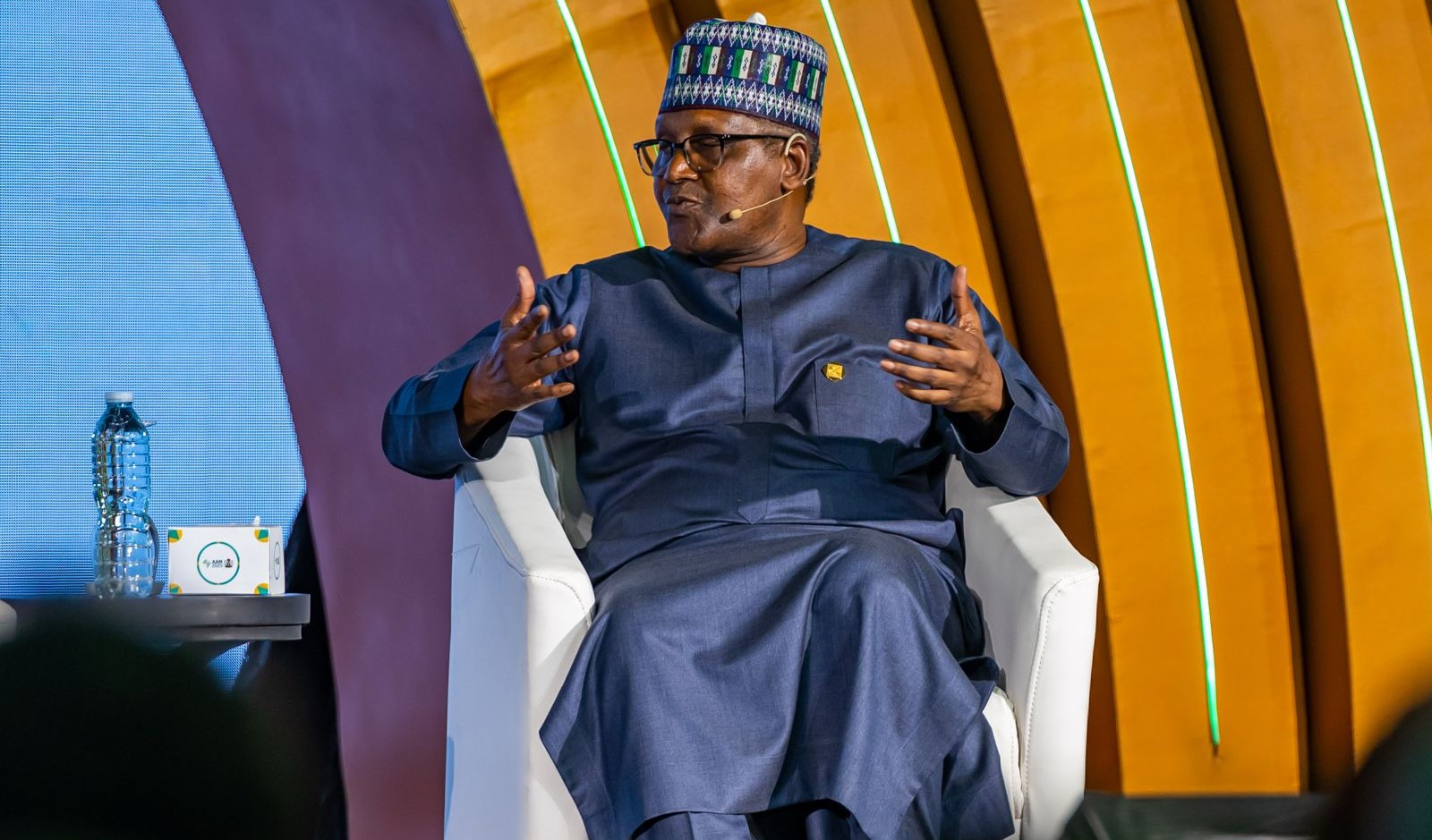
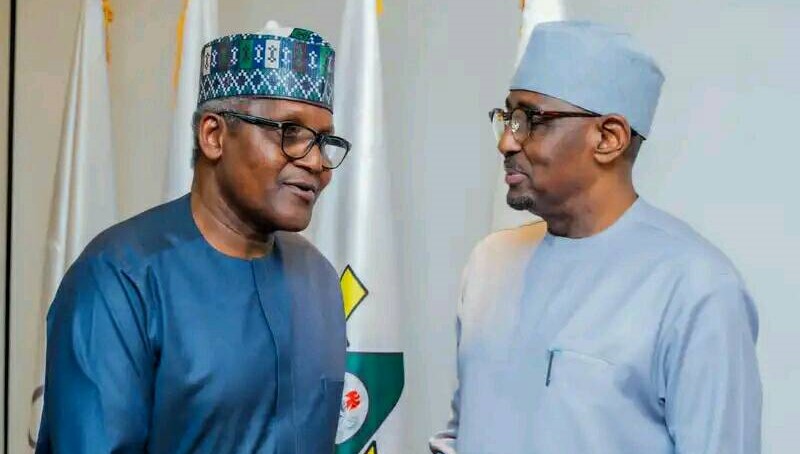
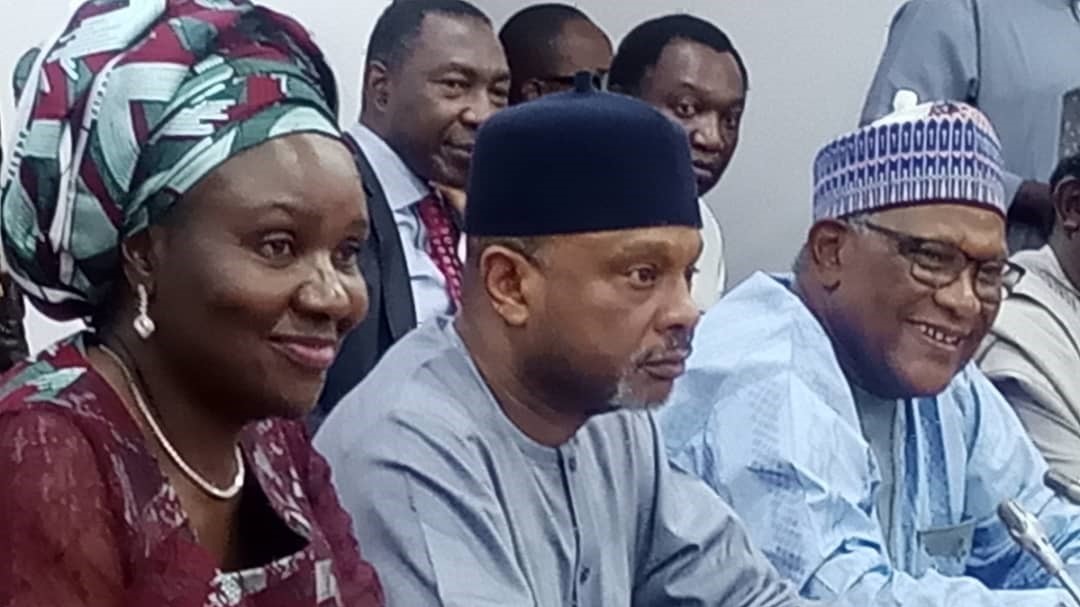
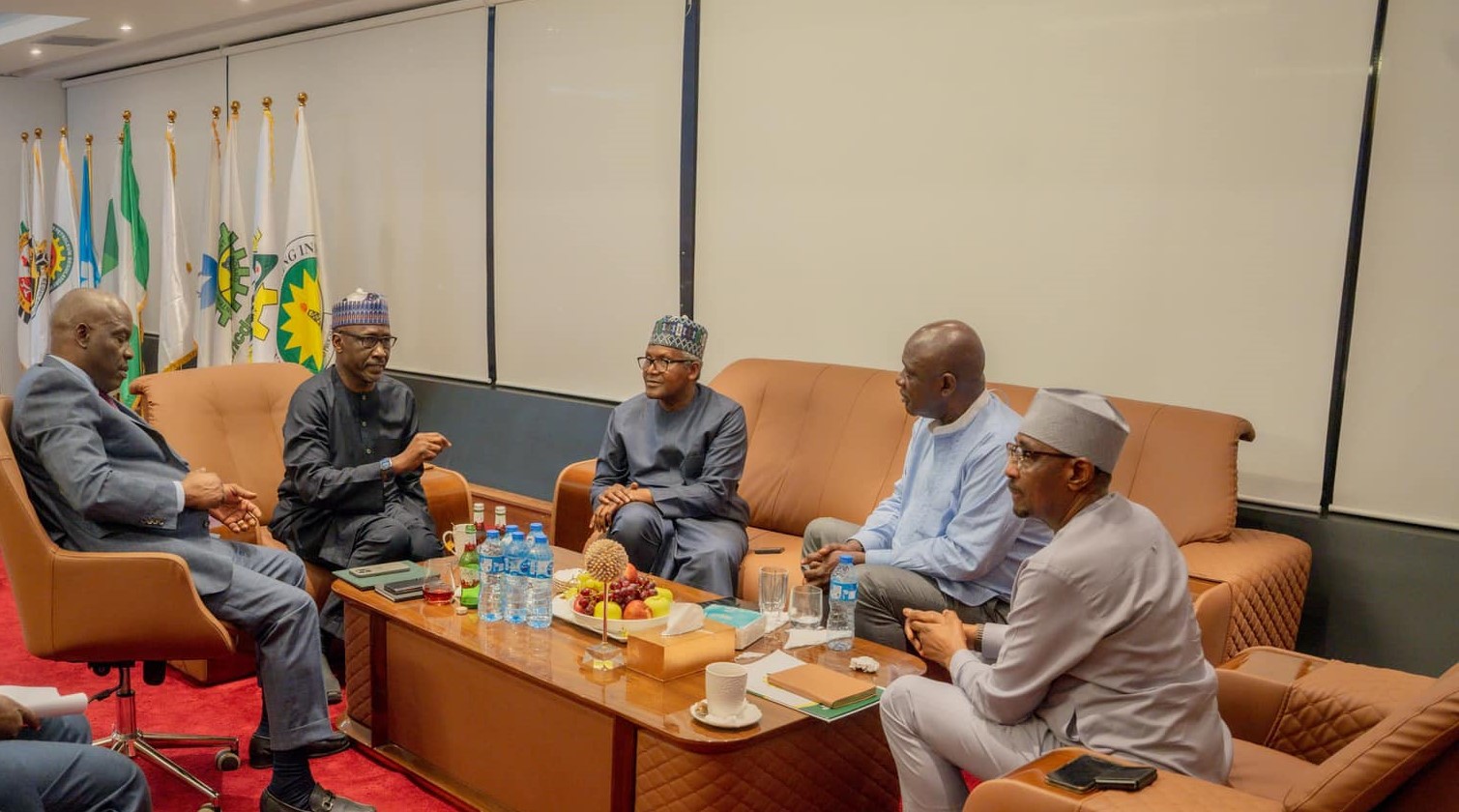

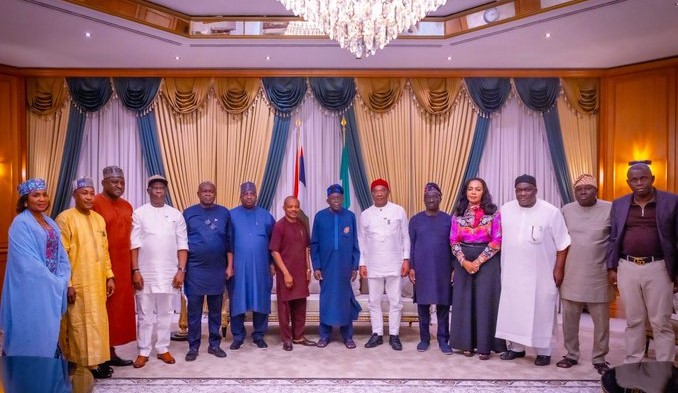
Comments
Be the first to comment on this post
Leave a Reply